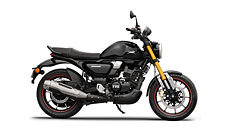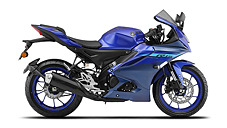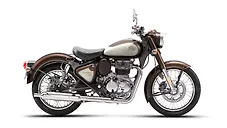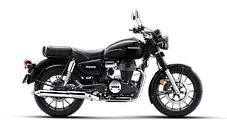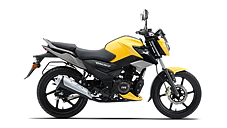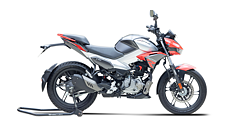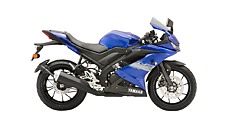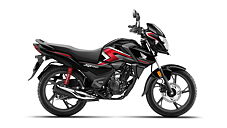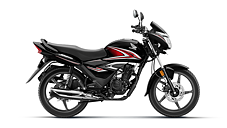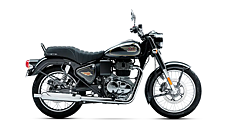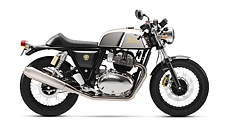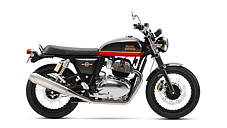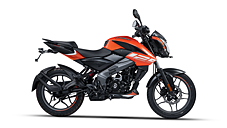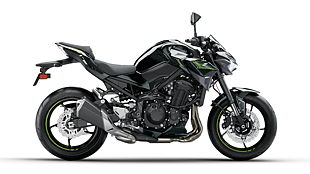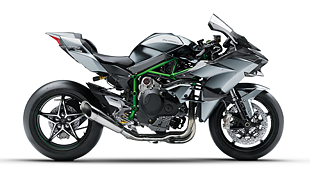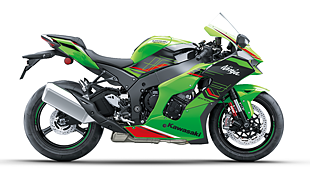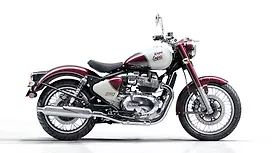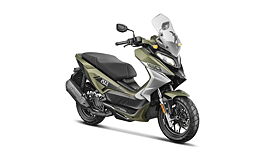What is it?

The new-for-2017 Ninja 650. We’ve been through the changes a number of times: a completely new frame but with the same engine and transmission. The chassis is now a trellis frame, like the kind you will find on a KTM or Ducati, and has helped it shed 19kg overall, compared to the outgoing Ninja 650. It also meets BS4 norms in the Indian market.
The styling has been updated significantly as well – from most angles it looks like one of the ZX family, and thus justifies the ‘Ninja’ tag more than ever. The only fly in the ointment is the size of the machine and the cut-price suspension, which doesn’t really gel with the promise that its styling offers.
How does it ride?

Like a Ninja 300 with more poke. It may look like a supersport machine, but it really is a sporty streetbike. As such, it doesn’t position you, arse over elbow, but it is far more aggressive than the outgoing model’s riding position, which felt like a large Hero Karizma. The compact dimensions are a factor in its weight loss – it has lost a whopping 19kg compared to the old 650. The motor hasn’t changed much; it still offers 67bhp and nearly 66Nm. The power peak is at 8000 rpm and the torque peak at 6500rpm, which means that the meat of the motor is in the midrange. You can rev it out to the redline, but it doesn’t necessarily get quicker the closer it gets to the redline. Major work has been done on smoothening out power delivery – it now has dual throttle valves per cylinder, and only the larger set is controlled by the rider’s right wrist. The second, smaller throttle valves are ECU controlled and they really do help smoothen out power delivery. The handling has improved – both a function of the mass being in a physically smaller area, as well as the change to a more aggressive riding position. The trellis frame contributes to a feeling of increased stability, and that new swingarm doesn’t just look the part, it also helps here. The footpegs could have been positioned further behind, but Kawasaki also offers the ZX-6R for those looking for a sporty faired 600cc machine.

One of the major improvements is in braking. The setup hasn’t changed, but the performance and feel have improved by a country mile. There is now confidence when braking from high speed, and the standard ABS is a welcome addition.
The bottom does touch over a lot of speedbreakers, but a little more preload on the rear should sort that out. However, we went gingerly over any speedbreaker sized larger than normal, because the old 650 had the same habit of touching speedbreakers with a part of the exhaust, and the result always was a leak where there was a joint.

Despite the reduction in its size, this windscreen offers excellent protection from windblast for most riders. However, if you are one of those extra large human beings of gargantuan proportions, then you might be in for a gust of wind in your face, especially when you hit top speed.
Anything else I should know?

This is a tiny motorcycle, for a middleweight. It is the size of the Ninja 300, and I wouldn’t be surprised to find that Kawasaki uses this very frame for the next generation of Ninja 300 and Z250/Z300. It polarizes opinion: Vikrant didn’t like it because it was too small for a 600cc motorcycle and because people ignored it. I loved it for those same reasons. It is so manageable at low revs that even a rider proficient with a modern 150cc motorcycle will be able to handle it provided he doesn’t try to explore large throttle openings or high revs.
Should I buy one?

This is a slightly complicated answer. If you’re moving up from a lower capacity machine and this is to be your first true big bike, then yes. It is a suitable upgrade to the Ninja 300s and Yamaha R3s of the world. It may not be much quicker than a KTM RC390, but one can argue that the 'big bike feel' and the way the engine delivers power will teach you more about how a big bike behaves. If you’re confident that you can keep your wits about you, then you can even take the leap from a Honda CBR250R or a Yamaha YZF-R15. However, if your mates own bikes with multiple cylinders and you get the opportunity to swing your leg over them, you might not find the Ninja 650 exciting enough, improved though it may be.
Where does it fit in?

The 2017 Kawasaki Ninja 650 retails for approximately Rs 6.5 lakh on road, Mumbai. It competes against the Hyosung GT650R and Benelli TNT600i on price, and the Honda CBR650F is a similar motorcycle but sits a segment higher, price-wise.
Photography by Kapil Angane
Gear Check

1. Arai Astro-IQ Second in the Arai street models hierarchy, the Astro-IQ is a comfortable, stable helmet at any speed. Price: 50,000
2. Scorpion Hat Trick Mesh/Textile jacket Although not on sale for a while now, the Hat Trick is a jacket that is protective yet allows decent airflow. The fleece liner keeps you warm enough, and the waterproof liner makes it truly impermeable, even in a Mumbai monsoon. Drying it out takes a while, though. Price: Rs 15600 (Scorpion Phalanx)
3. Royal Enfield Spiti riding gloves Made for comfortable touring, these short-cuff gloves offer a lot of comfort right from the first ride. Price: Rs 3200
4. Joe Rocket Phoenix 2.0 pants Mesh is a wonderful thing in our heat, and the Joe Rocket Phoenix mesh pants manage an ideal combination of protection via the removable armour, and airflow. Price: Rs 9600 (Phoenix Ion)
5. Royal Enfield long riding boots With a little inspiration from both off-road boots and touring boots, the RE long riding boots are comfortable and yet protective. Price: Rs 11,000
We've even ridden the naked version of the bike, the Z650. Click here for the detailed review.
Gallery
1/52
Kawasaki Ninja 650 Front Three-Quarter
Double Tap to Zoom











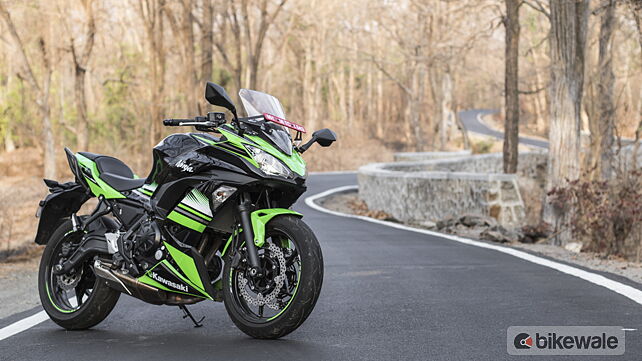












![Kawasaki Ninja 650 [2018-2019] Image Kawasaki Ninja 650 [2018-2019] Image](https://imgd.aeplcdn.com/272x153/bw/models/kawasaki-ninja-650-standard20190724180411.jpg?q=80)

